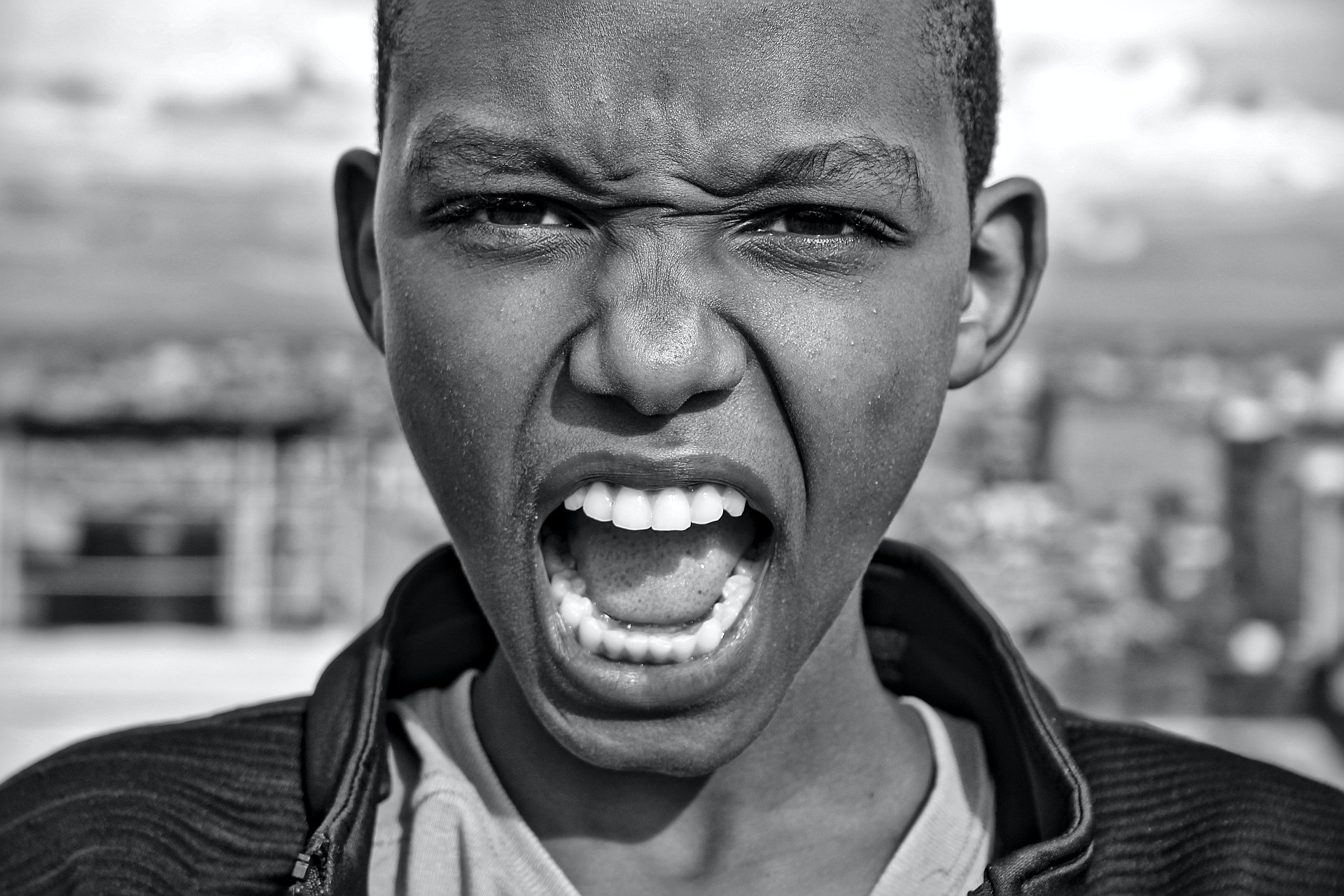 I remember the first time my youngest told me that he hated me. He spit those words out of his mouth like venom, hitched between sobs, after misbehaving and consequently losing a privilege. I knew he didn’t really mean it. He was obviously retaliating against the punishment he had just received. Still, his words hit me hard. This precious little baby that I nursed and rocked and cried and prayed over told me that he hated me. I probably had a stronger emotional reaction than I should have at that moment. I hadn’t read any sort of parenting book that prepared me for this moment. Of all the milestones that I had been anticipating, this one completely knocked me off of my feet.
I remember the first time my youngest told me that he hated me. He spit those words out of his mouth like venom, hitched between sobs, after misbehaving and consequently losing a privilege. I knew he didn’t really mean it. He was obviously retaliating against the punishment he had just received. Still, his words hit me hard. This precious little baby that I nursed and rocked and cried and prayed over told me that he hated me. I probably had a stronger emotional reaction than I should have at that moment. I hadn’t read any sort of parenting book that prepared me for this moment. Of all the milestones that I had been anticipating, this one completely knocked me off of my feet.
How am I supposed to respond when my child spews hateful words at me?
Unfortunately, that incident was not a one-time event. I’ve had some time since then to compile some strategies for how to handle words like these on a case-by-case basis.
Here are some tips that I have found useful:
1. Remember your child’s age.
It can be easy for me to get caught up in the moment and respond to my child like I would respond to an adult. But the fact is that I’m talking to a child who has limited life experience, and who is testing out the way these words sound in his mouth (for possibly the first time). A 30-year-old who uses hateful words has force and intention, and likely an entire lifetime of emotional baggage motivating the way in which he communicates. A child doesn’t understand triggers or really even the weight that words can carry. Most children choose to fight with their fists. When they use hateful words, they are often parroting something they’ve heard someone else say, and they’re not carefully weighing the consequences of the ideas they are verbalizing. They are not intending to start a fight (more just venting frustration) and may even appear to be surprised at the intense emotion behind your response after hearing them say those words. A teen better understands the power of words, but I would argue that a child under the age of ten is still figuring out how to handle verbal conflict using a throw-spaghetti-on-the-wall-to-see-what-sticks tactic.
2. Detach from your emotions.
There have been times when I’ve allowed my children to see me cry so that they understand that their words are hurtful, but I also feel like this emotional response has the capacity to become manipulative over time. I don’t want my children to tiptoe around me for fear of making me cry. Raw emotion definitely has its place, but I think the best way to handle these situations is to emotionally detach for just a minute and handle the hateful words the same way you would handle any other act of disobedience.
Here’s what I do:
- I remind my child of the truth. Example: “I don’t think you really do hate your brother. I think you feel frustrated that he keeps taking your toy while you’re trying to play with it.”
- I let my child know what he has done wrong. Example: “It’s understandable for you to feel frustrated with your brother, but there are certain words (like hate) that we don’t use when we talk to our family, because those words are really hurtful.”
- I give a consequence if the situation warrants it. I make sure the punishment fits the crime. If my two boys are growing increasingly frustrated with each other, it makes sense to separate them into separate rooms (as a time-out of sorts) for ten minutes or so, until everyone can calm down. I might even have one of my boys run laps around the backyard to give him a way to release his pent-up aggression.
3. Use it as a teaching moment.
Forced apologies can be a controversial topic amongst parents of littles, but I don’t shy away from them. My kids are eight and six, and until they get into the habit of apologizing on their own, I will continue to remind them about the expected, appropriate response. My kids have gotten better at this over time, but I would say that they’re still only apologizing on their own about 50% of the time. They’re not toddler age, so I’m not giving them some sort of script to recite.
But I do regularly prompt them for a response in a couple of ways:
- Sometimes I’ll ask my child, “How are you going to make this right?” They both struggle with this at times, and we might brainstorm a variety of ideas together, including a verbal apology, giving a hug, performing an act of kindness, etc.
- Sometimes, when my child spits out a reluctant, obligatory apology, I’ll ask, “What are you apologizing for?” I think it’s important that he takes ownership of his mistakes and isn’t just performing a meaningless ritual.


















